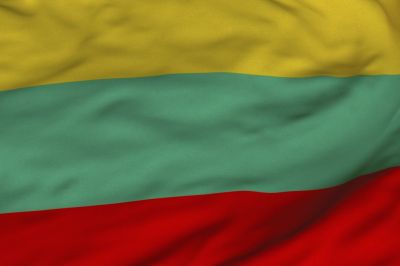Population (mln): 3,24
Official language/s: Lithuanian
Internet TLD: .lt
Calling code: +370
Member of the EU from: 1st May 2004
Unemployment rate Sep 2011 (%): 17.0
Unemployment rate under 25 years Sep 2011 (%): 31.8
Males enemployment rate Sep 2011 (%): 17.7
Females unemployment rate Sep 2011 (%): 13.7
Unemployment rate Sep 2012 (%): 14.1
Unemployment rate under 25 years Sep 2012 (%): 31.9
Males unemployment rate Sep 2012 (%): 14.5
Females unemployment rate Sep 2012 (%): 13.8
Population statistics 20-29 age group 2011 (%): 15,3
Country codes in education system: LT
Expected duration of education (years): 18
Residency (Rezidentūra) studies last from 2 to 6 years
(80 to 240 national credits). They are designed exclusively for the training of
specialists in the fields of Medicine, Odontology and Veterinary Medicine.
To
be admitted, students should hold an integrated study qualification, namely:
Doctor (Gydytojas); Medical Doctor (Medicinos gydytojas); Doctor Odontologist
(Gydytojas odontologas); Veterinary Surgeon (Veterinarijos gydytojas) or a
comparable qualification. On completion of studies, a Residency certificate
(Rezidentūros pažymėjimas) in a special field is awarded. Postgraduate art
studies last for a maximum of two years (up to 80 national credits). They are
designed to train higher education institution art teachers and specialized
artists. To be admitted, students should hold a Master's degree awarded on
completion of university second cycle studies or a comparable qualification in
the area of arts. After the successful completion of the studies, the
postgraduate Licentiate diploma in Art Studies (Meno licenciato diplomas) is
awarded.
Doctoral studies last for 3 to 4 years. Studies consist of doctoral
courses (at least 20 national credits), specific research activities and the
preparation of a doctoral dissertation. Doctoral studies are jointly organized by higher education and
research institutions.Upon completion of the doctoral course, a doctoral thesis
must be prepared and publicly defended in order for the candidate to qualify
for the Doctorate. To be admitted, students should hold a Master's degree or a
comparable qualification. After the defence of the doctoral thesis, the degree
of Doctor (Daktaro mokslo laipsnio diplomas) is awarded.
